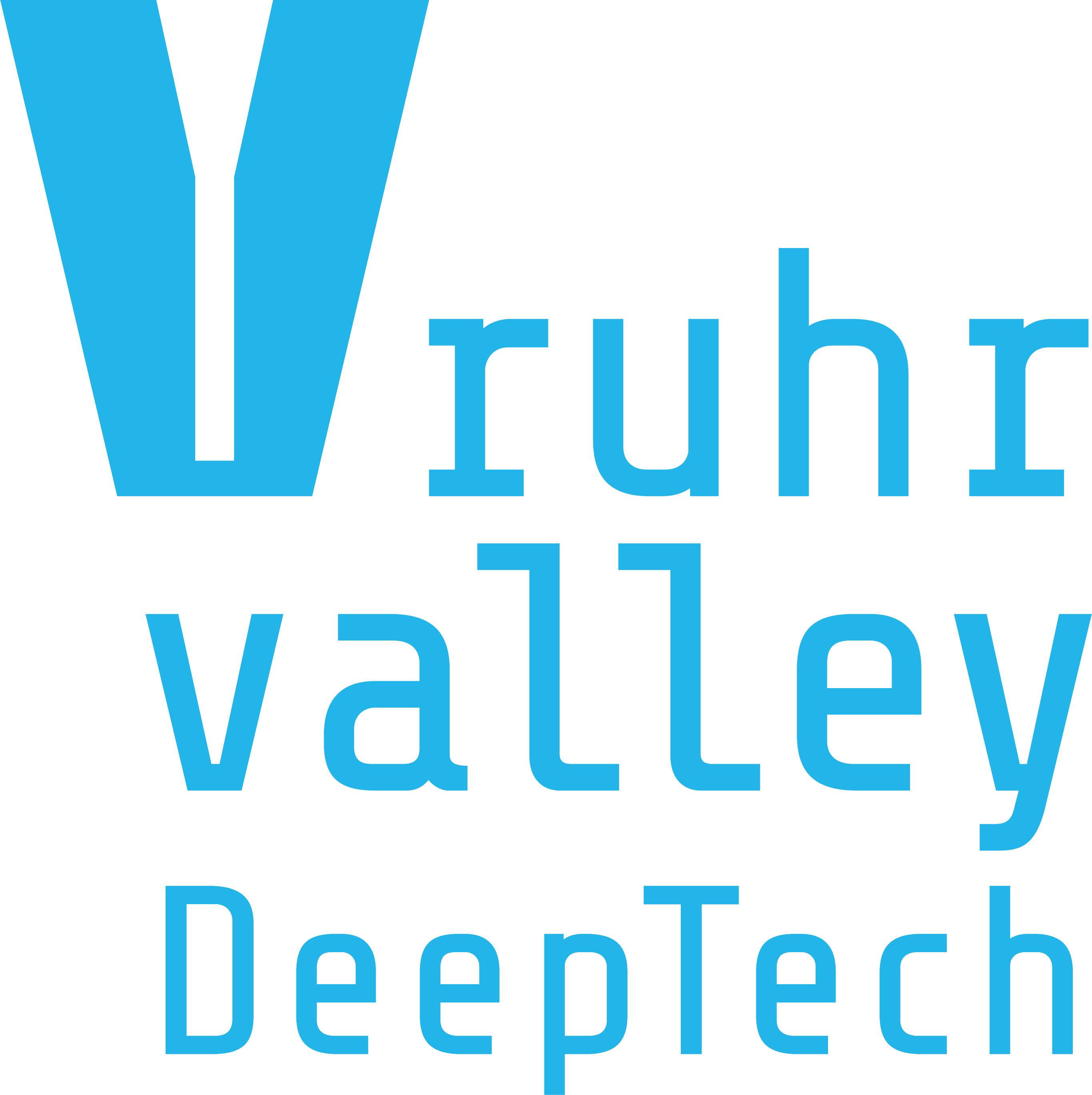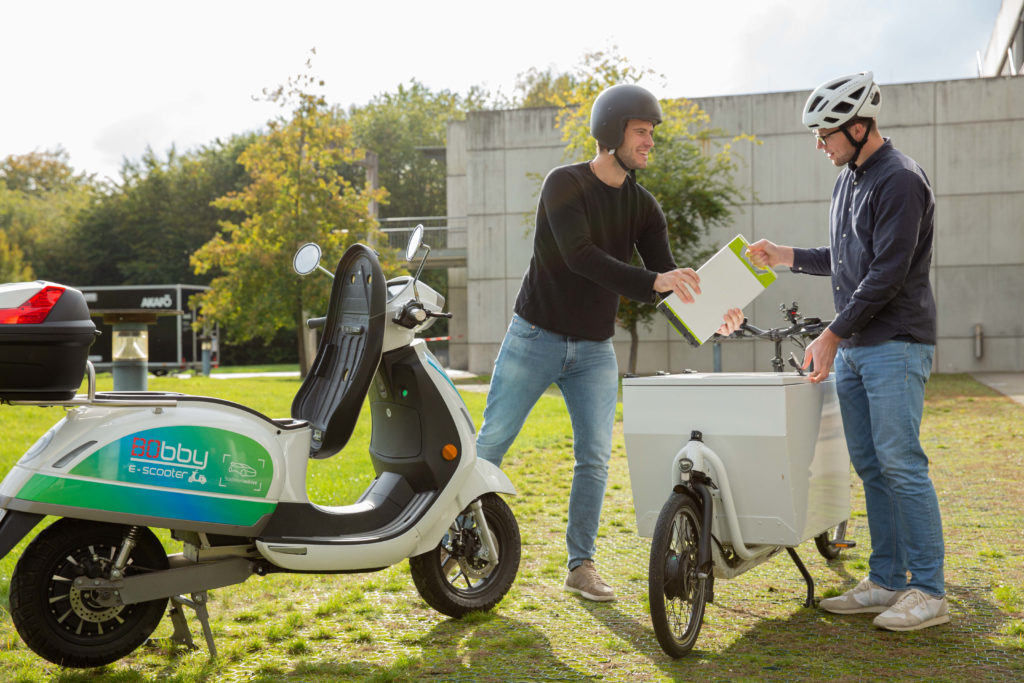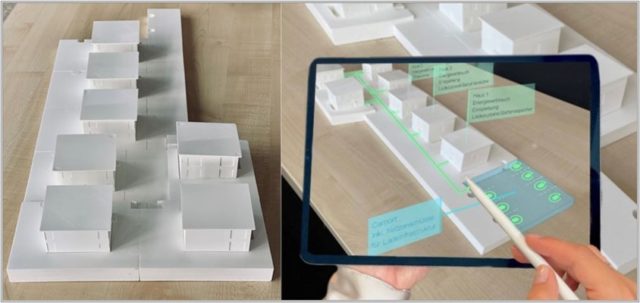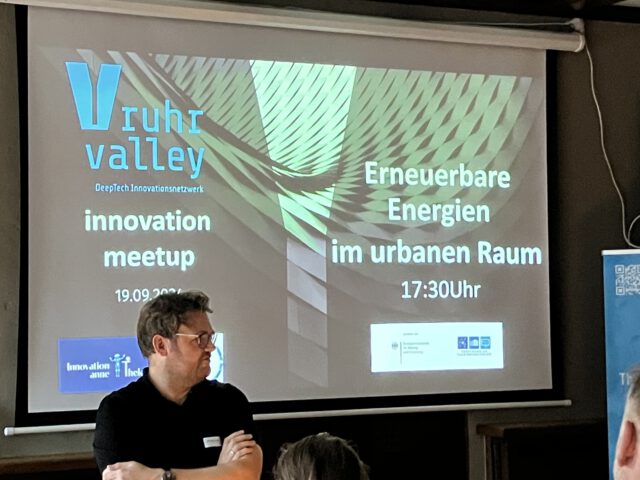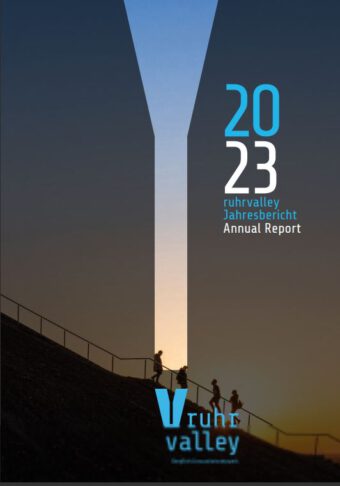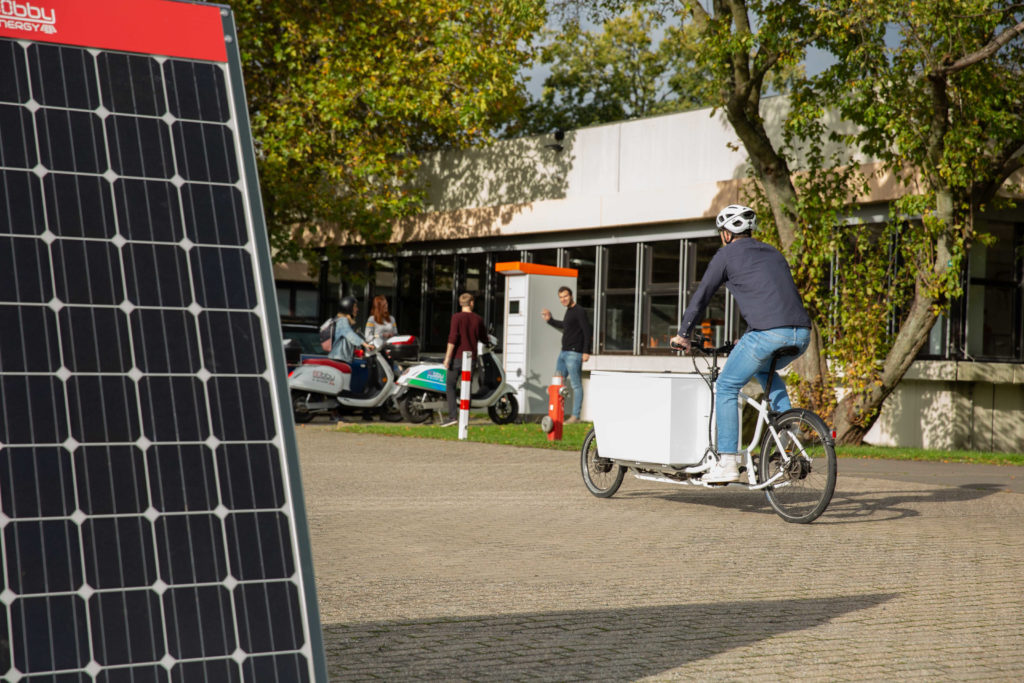
Project
Preliminary Study BaaS LEV-Sharing
Battery as a Service für Light Electric Vehicle-Sharing
Light electric vehicle sharing is seen as an approach to emissions-free and energy-saving urban mobility. The objective of the project is to explore innovative concepts for the energy supply of sharing services, to further develop the business model “Battery as a Service”, and to examine the sustainability of the concepts.
Starting Point
Light electric vehicle (LEV) sharing is seen as an approach to emissions-free and energy-saving urban mobility. However, the sustainability of this service is critically discussed, especially because supplying the vehicles with energy and their short service lives have a negative impact on their ecological balance sheet. There is a need for smart, economical, and sustainable solutions for charging and changing the batteries. There is ample need for research on the integration of different battery and vehicle types and efficient payment systems, on social acceptance, and on the sustainability impact of novel mobility services including their charging infrastructure.
Our Solution
The objective of the project is to explore innovative concepts for the energy supply of sharing services, to further develop the business model “Battery as a Service” (BaaS), and to examine the sustainability of the concepts. Some individual components of an energy supply concept, such as the battery swapping stations and solar stations, will be studied using demonstrators and will be tested in the Bochum urban area. The project team a will develop criteria catalogue to evaluate social acceptance for LEVs and sharing services, as well as the sustainability of the concepts; the result will be the definition of the requirements for a business model for sustainable energy supply. These include economic requirements, such as location criteria, technical requirements, such as the evaluation of the interface between vehicle and battery changing station, and user requirements and factors that have an influence on social acceptance, such as the concentration of stations and their visual appearance. The project’s approach is to learn from international leaders in the field and to customise viable and robust models to the particularities of the Ruhr Area.
Funding-ID
Bochum University of Applied Sciences: 13FH0E33IA
Supported by the Federal Ministry for Education and Research
Project Duration
2021 – 2024
